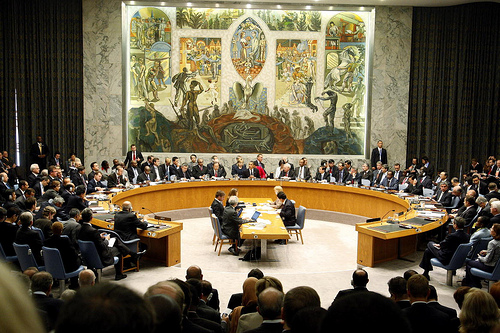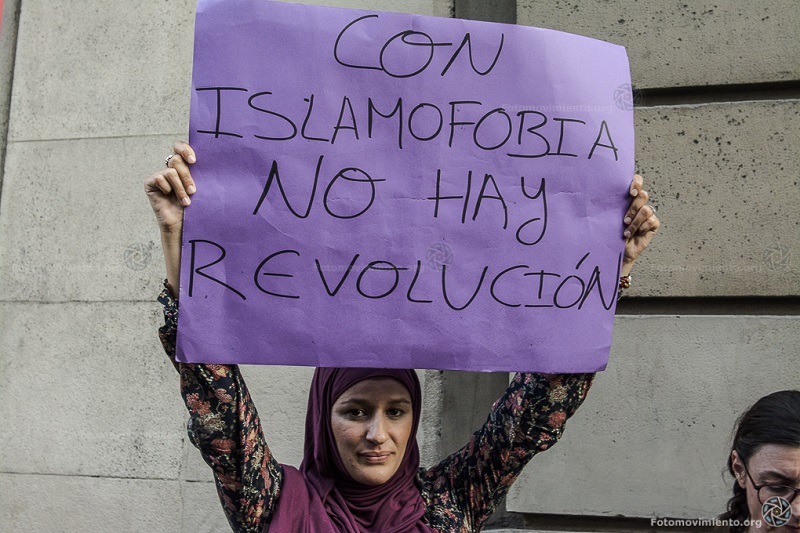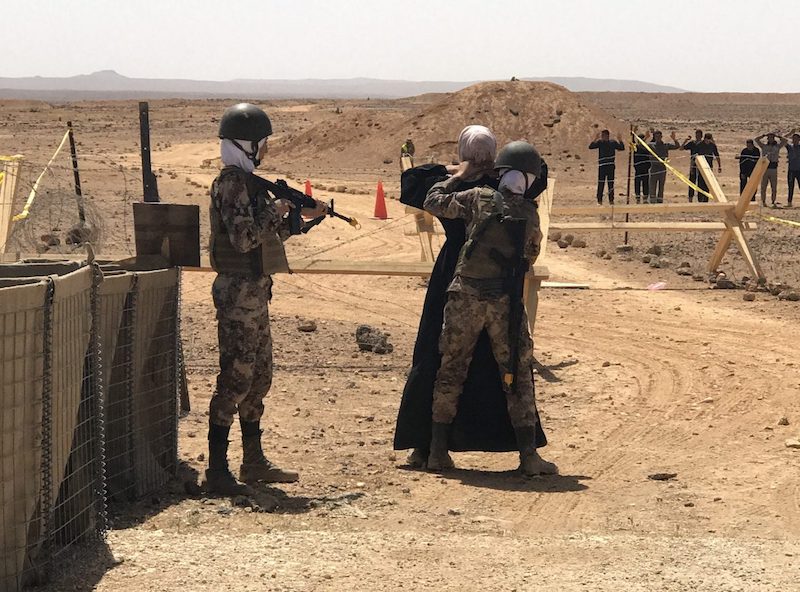On January 25th, Greta Thunberg, a Swedish teenage girl, gave a speech at the 2019 Davos World Economic Forum, stating “I don’t want your hope, I don’t want you to be hopeful. I want you to panic. I want you to feel the fear I feel everyday and I want you to act. I want you to act as if you would in a crisis. I want you to act as if the house was on fire because it is.”
The high school student sought to alert her listeners to the current climate crisis and urged international leaders to begin taking the problem seriously. Not only has our existing profit-based market failed to protect our planet, but it has overlooked gender vulnerabilities linked to climate change.
This article analyzes the links between women’s lack of economic power within society and the current climate change crisis, while highlighting some approaches to increase women’s participation.
Unequal access to resources
Feminist Political Ecology (FPE) is an evolving intellectual current which appeared in the mid-1990s and links the oppressive relationships between patriarchy and environmental crisis with neoliberal and capitalist systems. This approach deals with social equity and social justice issues regarding environmental transformations. It revolves around the idea that gender norms vary depending on socially constructed gender functions, geography and timeframes. FPE has expanded due to women’s participation in local environmental struggles and social movements taking place in many countries. Looking at the way power is embedded within societies, the new generation of feminist political ecologists considers that the links between women and the environment should be seen within an “affinity politics” frame. This means that women should consider their relationship to power as well as their communal concerns regarding the neoliberal systems and environmental destruction.
Gendered environmental rights to control, protect, safeguard, modify and improve our environment lead to economic and political restrictions for women. For instance, customary rights are delivered in gendered ways depending on a country’s inheritance and marriage laws. There are increased environmental risks in poorer households where women lack visibility in decision-making and resource access. In the Bhavani basin in southern India for example, the dependence on ground water has grown due to lack of rain. Only a few individuals control the water resources, and this aggravates pre-existing inequalities of caste, class and gender. Farmers borrow money to pay for borewell drilling and must often reimburse loans at huge interest rates. Deep-rooted indebtedness leads not only to rural households’ economic precarity but to women’s insecurity and exploitation. This is because the loan may entail social favours such as domestic work or even sexual favours.
Director Terre Nash’s film, “Who is counting? Marilyn Waring on sex, lies and global economies”, shows that women’s work is made invisible in the world economy because earning a salary is regarded as valuable for the market, whereas cleaning, taking care of children, and cooking do not count as economic growth activities. Marilyn Waring , the subject of Nash’s film, is a feminist economist, author, and former member of the New-Zealand parliament who states that people give value to money while “ […] there is no value to unpaid work, to reproducing human life itself, including the work of women who feed and nurture their own families. This system cannot respond to values it refuses to recognize.” She believes that market-oriented countries not only neglect women, but also environmental issues and unpaid work and “[t]his system leaves out the work of the population of the planet and the planet itself.”
Confronting deeply rooted gender and environment-based disparities
Kathryn Moeller, who writes on feminism, capitalism, and development, states in her article in the New Yorker that statistics represent neither the realities that girls and women experience nor the causes of poverty and inequality. One common idea among NGOs and institutions is that economically entrusting women and girls from developed or developing countries will result in better opportunities and living conditions, as they will have fewer children and will therefore be more likely to provide them with health and education.
For Moeller, international development programs created to solve gender issues are not long-term and viable solutions. Instead, we should be engaging directly with women and their families in order to shift the patriarchal links between men and women. The main elements that need to be challenged are “[…] global trade policies, insufficient labor, environmental regulation and systems of corporation and taxation […]” which prevent poor countries’ citizens from fully engaging in society.
During the 1992 United Nations Conference on Environment and Development (UNCED), a road map for sustainable development for the 21st century was issued. It included 145 remarks on the roles and status of women in environment and sustainable development. Even though women carry the highest costs of environmental issues, they manage primary resources and also have a considerable potential for finding alternatives to the crisis. In sub-Saharan Africa, many NGOs such as the Uganda Land, Zambia Land Alliance, LandNet in Malawi, Ethiopian Women Lawyers Association, Women’s Legal Aid Centre in Tanzania, Uganda Women’s Network (UWONET), etc., deal with the issue of restricted access to land for women.
Two researchers, Jonas Østergaard Nielsen and Anette Reenberg examined to what extent cultural factors can become barriers to climate change adaptation in the Sahelian village of Biidi 2 in Burkina Faso. This region has been subjected to shorter rainy seasons with more intense periods of rain, deterioration of soil and a loss of plants, trees and wild fauna. Very different approaches to adaptation are utilized by the two major ethnic groups, Rimaiibe and Fulbe. The authors conducted an ethnographic research from August 2007 to February 2008. They discovered that women in the Fulbe communities live in isolation in the bush and spend virtually all day preparing food and taking care of children. This prevents them from participating in economic activities, contrary to the Rimaiibe women. In fact, Rimaiibe women are economically empowered, which secures and reinforces the household. Fulbe women are aware of the positive impacts this empowerment has on the Rimaiibe women and their families since their members have more spending power and therefore greater access to nutritional food. The Fulbe population is aware that women’s work as well as development projects, labour migration and gardens would contribute greatly to the survival of the community. Yet, they are reluctant to modify their cultural traditions as they consider Rimaiibe’s values and norms incompatible with theirs. This prevents them from finding alternatives to adapt to climate change and therefore from living better.
Building a different market-based economy may be utopian, but as economic and political power are intrinsically linked, the role of women is vital to combatting climate change. This will only be possible when both the economic and political influence of women are taken into consideration. Stories and narratives must be written and shared in order to sensitize governments to women’s experiences, and the media must be urged to give women more visibility. It is only when all citizens are given equal roles and an equal voice that a society can claim to be truly fair, and it is with such justice that we will ensure the well-being of our planet.
Featured Image: “hassam_isles_shoals_garden_ak_garden_1892.” (19 March 2015), by Art Gallery ErgsArt – ErgSap via Flickr. Licensed under Public Domain Mark 1.0.
Disclaimer: Any views or opinions expressed in articles are solely those of the authors
and do not necessarily represent the views of the NATO Association of Canada.




